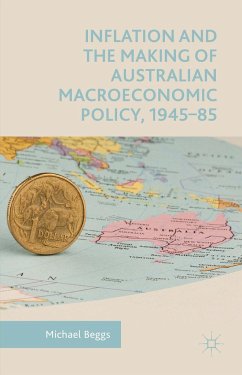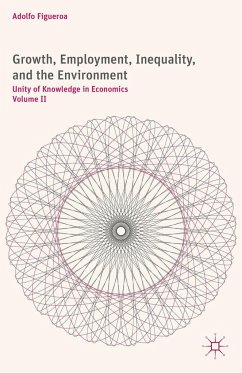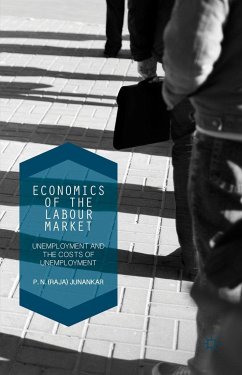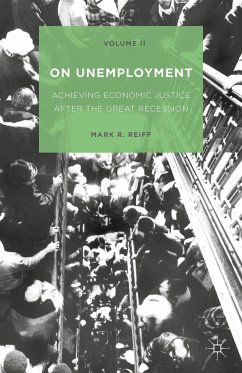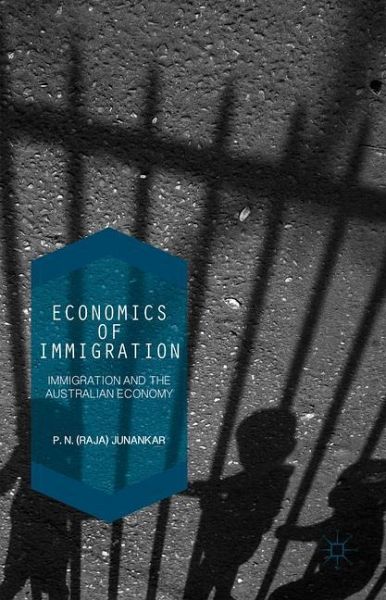
Economics of Immigration
The Impact of Immigration on the Australian Economy
Herausgegeben: Junankar, P. N. (Raja)
Versandkostenfrei!
Versandfertig in 6-10 Tagen
76,99 €
inkl. MwSt.

PAYBACK Punkte
38 °P sammeln!
Poverty, famines, wars, and ethnic conflicts lead to large movements of refugees. The papers in this book provide an analysis of the economics of immigration. Junankar discusses why people migrate, the likely destinations for migrants, and their employment in the destination countries. He studies the benefits to the migrant families in terms of higher wages and living standards, and also studies how immigrants fare in the Australian labour markets in terms of finding good jobs, and whether there is discrimination against them. Economics of Immigration analyses the macroeconomic impacts of immi...
Poverty, famines, wars, and ethnic conflicts lead to large movements of refugees. The papers in this book provide an analysis of the economics of immigration. Junankar discusses why people migrate, the likely destinations for migrants, and their employment in the destination countries. He studies the benefits to the migrant families in terms of higher wages and living standards, and also studies how immigrants fare in the Australian labour markets in terms of finding good jobs, and whether there is discrimination against them. Economics of Immigration analyses the macroeconomic impacts of immigration on the Australian economy and discusses why some groups favour immigration while other groups are against it.
Junankar argues immigration has been beneficial for employment and growth; not only adding to labour supply but also to labour demand, hence leading to favourable outcomes. This collection of essays shows how immigration has helped the economic development of Australia, while also highlighting that the historical reasons for immigration lie in the colonisation of many countries in Asia and Africa.
Junankar argues immigration has been beneficial for employment and growth; not only adding to labour supply but also to labour demand, hence leading to favourable outcomes. This collection of essays shows how immigration has helped the economic development of Australia, while also highlighting that the historical reasons for immigration lie in the colonisation of many countries in Asia and Africa.





